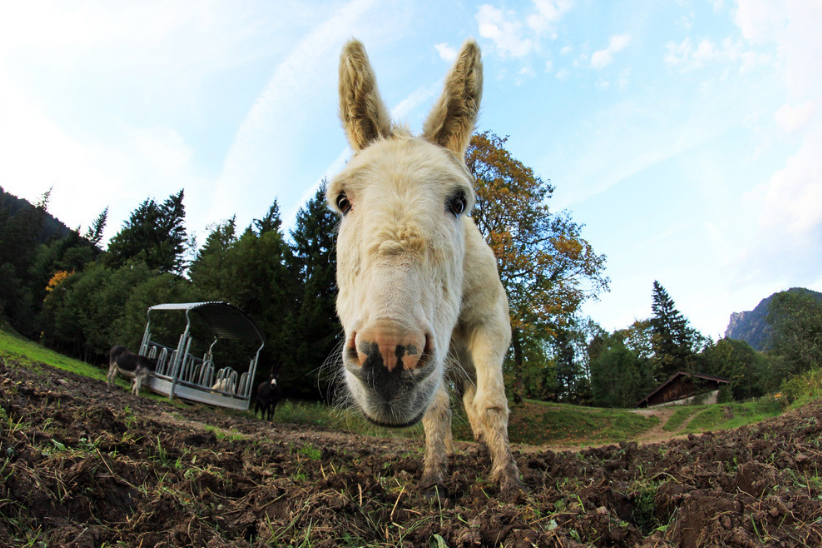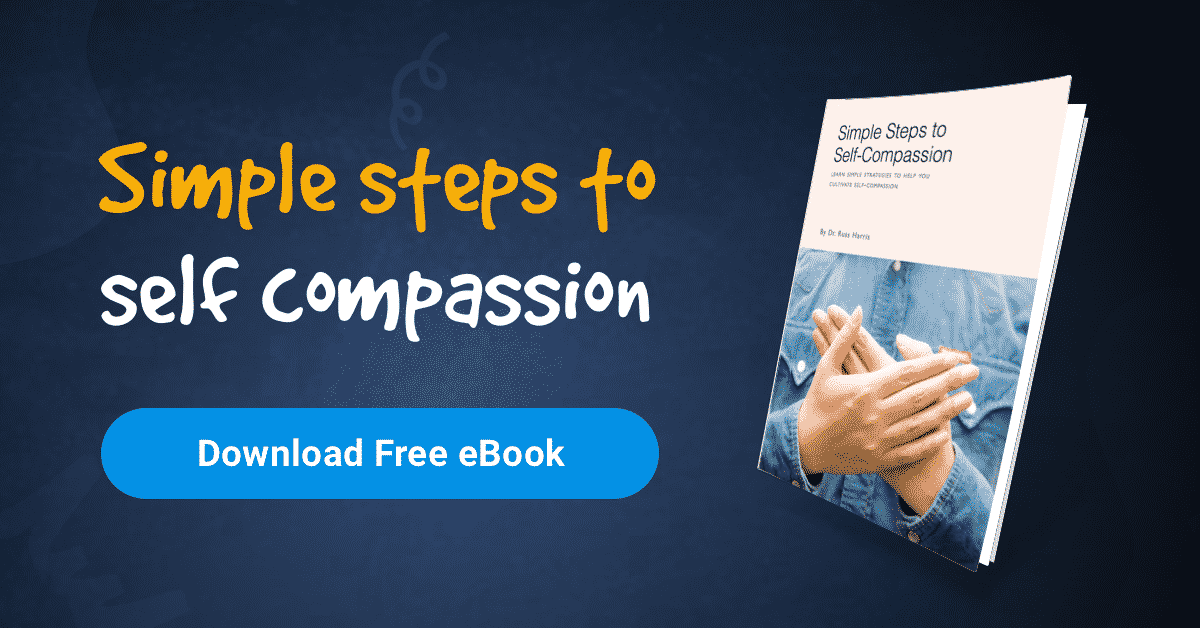I’m guessing you’ve got a pet donkey to help carry your goods to the marketplace (unless you’ve upgraded to a camel). Now, what’s the best way to motivate your donkey? To whip it with a stick? Or to offer it a carrot?
Both methods will get your donkey to carry the load for you. But over time, the donkey that is mainly motivated by whipping will get more and more miserable, battered, and bruised, whereas the donkey motivated by carrots will be healthy and content (and have really good night vision).
Now, as it happens, humans have a lot in common with donkeys (some more than others!). And unfortunately, when we try to motivate other humans to behave the way we want, we often use far too much of the stick and nowhere enough of the carrot.
The stick takes many forms. It can include criticizing, judging, demanding, insulting, threatening, or intimidating. It often involves sharing or blaming or evaluating the other person negatively or speaking in harsh words.
And it frequently involves deliberately withdrawing things that we know the other person wants, such as affection, caring, warmth, kindness, gratitude, company, or “someone to listen”.
The technical psychobabble jargon term for “using the stick” to motivate others is “coercion”. We all have a natural tendency to rely on coercion because…well, the fact is it very often works.
Very often, when we use coercion with others, we get our needs met. They do what we want them to do. But what effect does coercion have in the long-term? How does it affect your relationship with the other person – whether it’s your friend, your child, your partner, your employee?
The research on this is clear. The more we rely on coercion, the worse the relationship gets. The more coercive the parent, the more stressed and unhappy their children. The more coercive the manager, the more stressed and depressed their employees. The more coercive the spouse, the worse the condition of the marriage.
Just as big sticks make donkeys sick and miserable so does coercion create stressed, unhealthy humans.
So what’s the alternative? You guessed it: Carrots! Lots and lots and lots of carrots!
Just like the stick, a carrot can take many forms. Carrots include kindness, gratitude, thank you, talking calmly, being respectful, warmth, openness, caring, open-mindedness, genuine interest in the other person, understanding, empathy, compassion, etc.
Basically, the aim is to catch the other person behaving the way you want and actively reward them for doing so. The reward may be anything from a smile, a “thank you”, a pat on the back, to a gift wrapped boxed set of Game of Thrones Seasons 1 to 5.
“Hang on”, you may be thinking “I shouldn’t have to thank them, or smile at them, or be kind to them – they should just do it!”
It’s completely natural to have such thoughts – and if you don’t care about the long-term quality of the relationship and the health and wellbeing of the other person, then sure – stay with this stick. But if you want better relationships and you care about the health and wellbeing of your friends, employees, managers, co workers, children, partner, parents, etc., then best start shifting to the carrot.
The magic ratio of carrot to stick is at least 5:1. In other words, at least 5 times as much of actively rewarding the behavior you like as trying to punish the behavior you don’t like. This doesn’t come naturally for most of us, but it’s a habit well worth developing!




